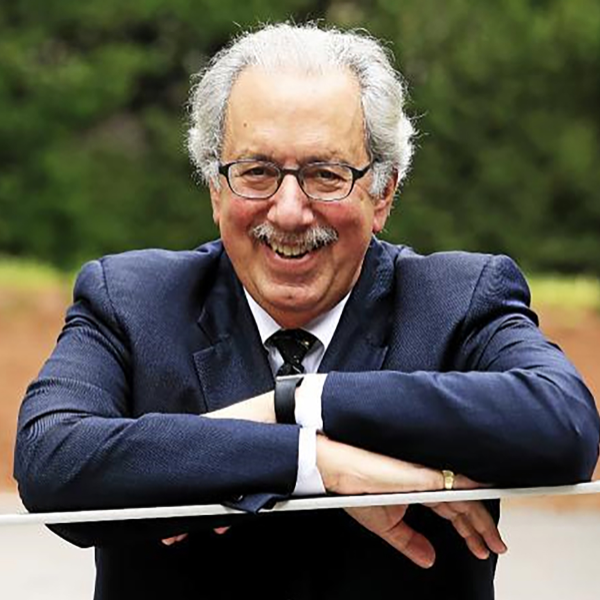Science of coaching: Inspire learning and change
Our ability to grow and develop as leaders is a driving force in our quest to help others, make a difference in our organizations, and contribute to a better society. An effective coaching relationship—whether teacher-student, doctor-patient, mentor-protégé, manager-subordinate, or parent-child—is established by means of a deep emotional connection, called resonance. The best coaches and leaders harness their own emotional intelligence to create and nurture resonant relationships. They use mindfulness, hope, compassion, and playfulness to spur change at the neurological, hormonal, emotional, and behavioral levels.
In this session, Professor Richard Boyatzis, Ph.D., demonstrates how coaching with compassion is key to leadership development and building more resonant relationships. Based on decades of research and longitudinal studies on the development of emotional intelligence, he shows that people respond better when they are coached to the positive emotional attractor (PEA) versus the negative emotional attractor. He presents doctor-patient studies showing that arousal of the PEA increased treatment adherence for Type II Diabetics, and he explains why PEA is central to neuro-endocrine renewal—the only antidote to chronic stress in the human body.
This session originally was presented as the keynote address at AVMA’s 2024 Veterinary Leadership Conference.
This session made possible through educational funding from VLC Presenting Partner, Zoetis.
Learning objectives:
- Learn how to improve your emotional intelligence, and build resonant relationships based on compassion. Understand the psycho-physiological roles that the positive emotional attractor plays in motivating change, and the negative emotional attractor plays in encouraging status quo regression.
- Discover why coaching with compassion is more effective in bringing about sustainable change (and more sustainable for the leader) than is coaching for compliance.
- Explore differences in neural activations between the two forms of coaching, and understand why one prepares a person to consider change and learning, while the other closes a person’s mind to it.
- Learn how to coach others to develop emotional intelligence, build resonant leadership, and make sustainable change.

Author and professor Richard Boyatzis, Ph.D., is a world-renowned expert in emotional intelligence, leadership development, and coaching. His work focuses on improving leadership effectiveness and change at all levels. He does this by exploring the neural and hormonal processes that help improve leadership performance; build renewal (versus stress); cultivate and nurture better relationships; and inspire learning and change in oneself and others.
According to Boyatzis, resonant leaders establish deep emotional connections with others to bring out the best in people and build resilient, adaptive organizations. Drawing on extensive multidisciplinary research, he explores the impact a leader’s emotional competencies can have on an organization’s bottom line, and he outlines concrete ways to create the resonance that fuels outstanding leadership.
Boyatzis was one of five people who started the competency movement in human resources, and he was twice named a Most Influential International Thinker by HR Magazine. In 2021 he was included in Stanford University’s list of World's Top 2% Scientists, which names the most-cited scientists across the length of their careers. His research on human behavior has revolutionized management education and helped spawn a new industry of competency consultants, researchers, academics, and executive coaches. Over 1.5 million students from 215 countries have enrolled in his online courses on leadership and coaching.
He has written and co-written nine books and over 250 articles on leadership, behavioral change, coaching, emotional intelligence, neuroscience, and managerial competencies. He is a frequent lecturer throughout Europe and the U.S., and has consulted with Fortune 500 companies, educational and health organizations, government agencies, and firms worldwide on organizational change, leadership and team development, competency assessment, and performance appraisal.
His bestselling book, Primal Leadership: Learning to Lead with Emotional Intelligence (co-written with Annie McKee and Daniel Goleman) has been translated into over 30 languages. He also co-authored the book Helping People Change: Coaching with Compassion for Lifelong Learning and Growth, which offers a practical look at developing others and inspiring people to be open to learning and change.
Boyatzis was named a distinguished university professor by Case Western Reserve University, where he is a professor in the departments of organizational behavior, psychology, and cognitive science. Before turning to academia, he was CEO of research consulting firm McBer & Company for 11 years and COO of the market research company Yankelovich, Skelly & White for three years.